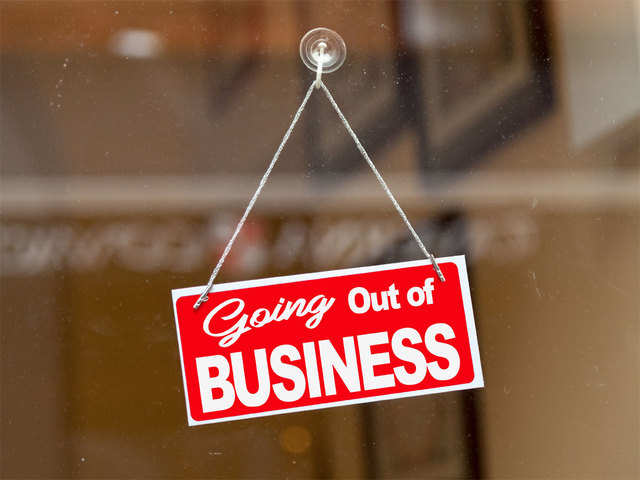When to Voluntarily Liquidate a Close Corporation or Company

When a person or business entity's liabilities outweigh their assets, they are commonly described as being insolvent. However, legally, the test for insolvency is whether the debtor can pay its debts when they become due and payable. In the case of a company or close corporation, if there is no reasonable prospect of trading out of such circumstances, there may be a legal obligation to liquidate the business.
A company or close corporation is a legal entity that is separate from its shareholders/directors or members. This means that, in the event of liquidation, unless the shareholders/directors or members have provided personal security or signed personal suretyships, or have acted recklessly or with gross negligence, they will not be held personally liable for the debts of the business.
The usual method of liquidation is through a court application, but this can be time-consuming and costly. If 75% of a company's shareholders or all members of a close corporation agree that the business should be liquidated, a Creditors' Voluntary Liquidation can be pursued.
Despite its name, the CVL is initiated by the shareholders/members and allows for a quicker, less expensive, and less complicated way of voluntarily liquidating a company or close corporation.


